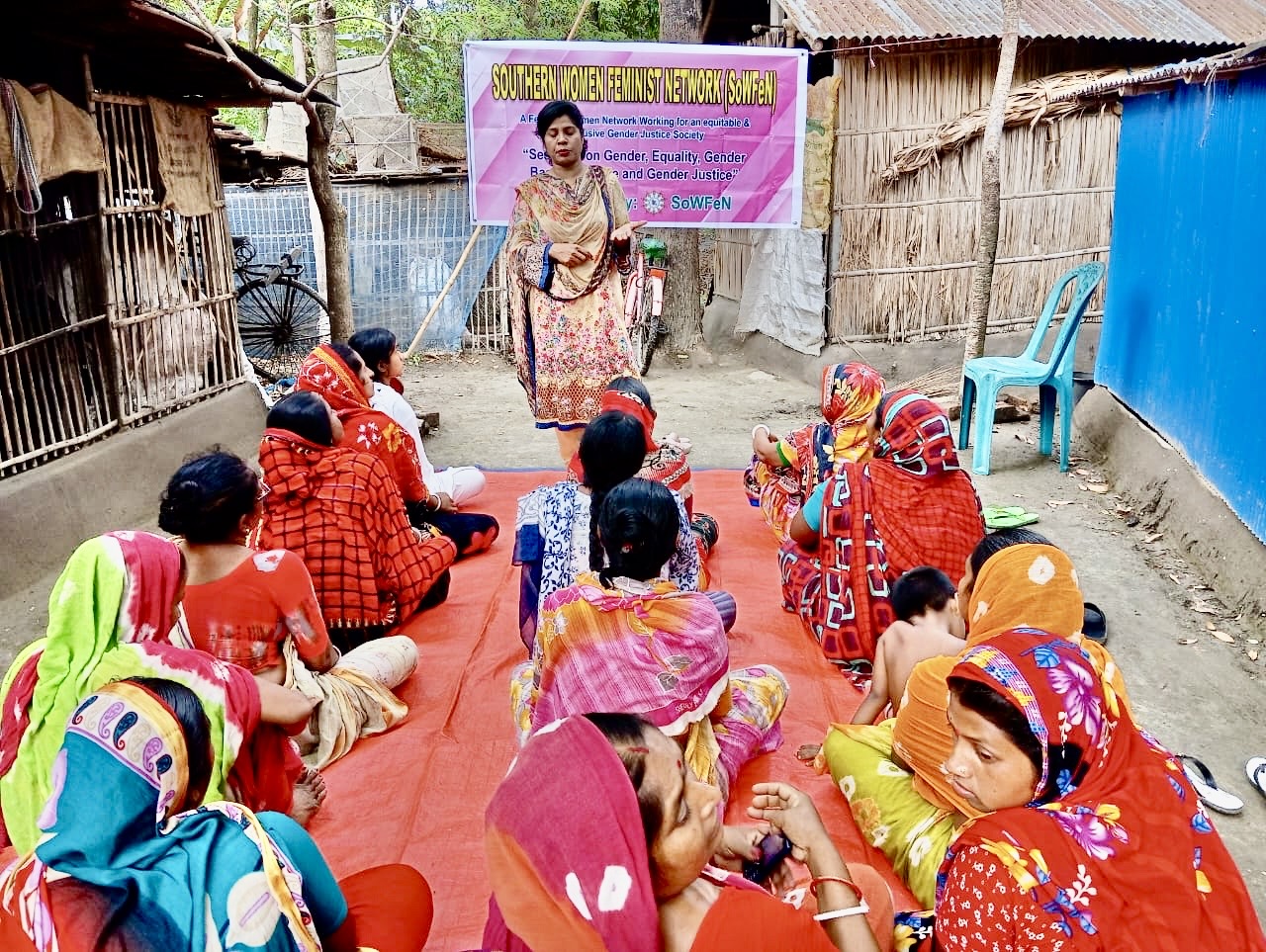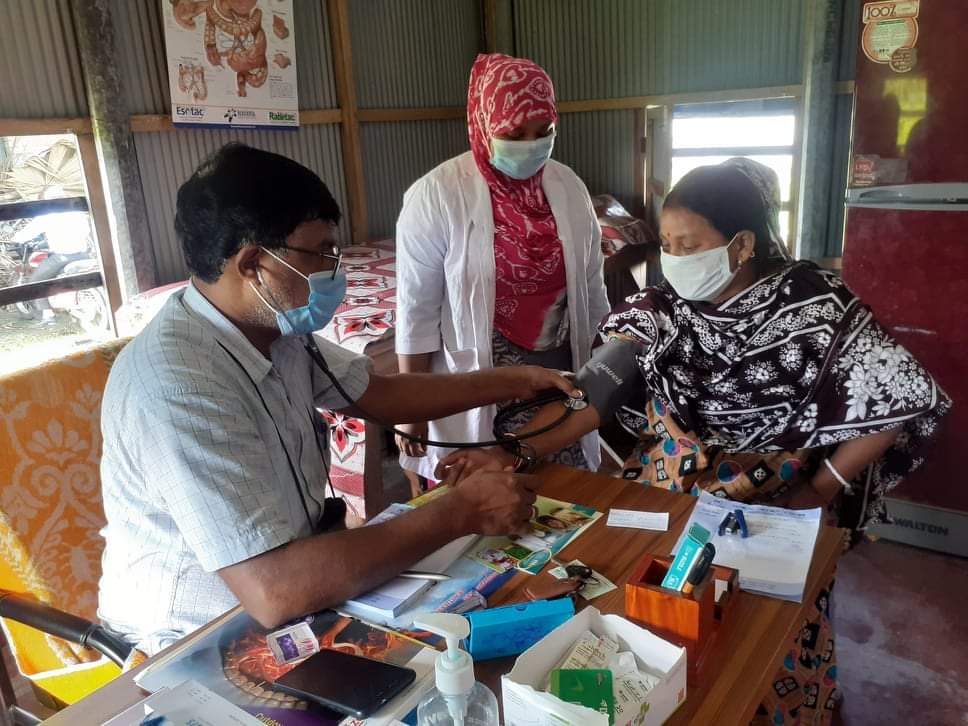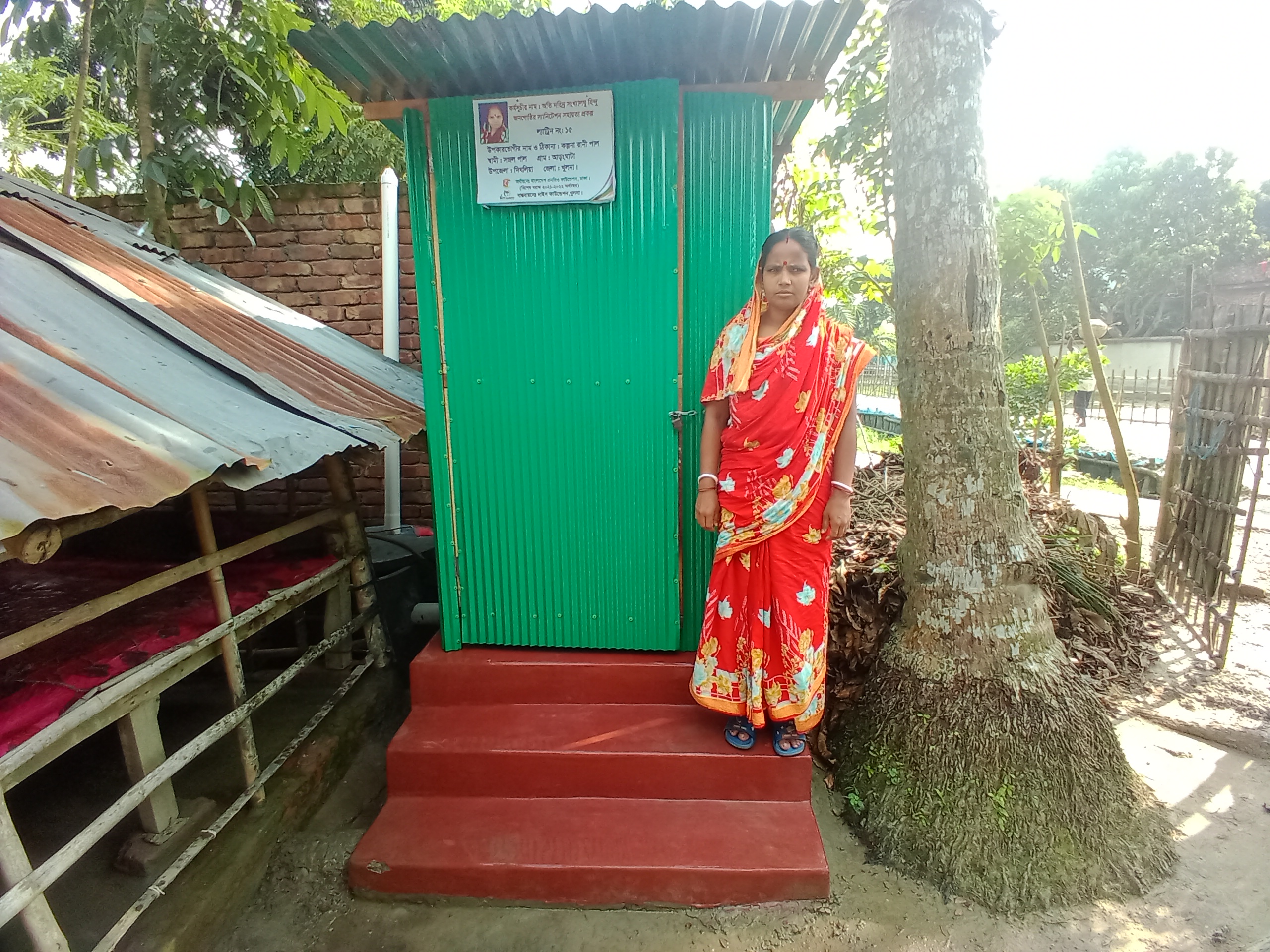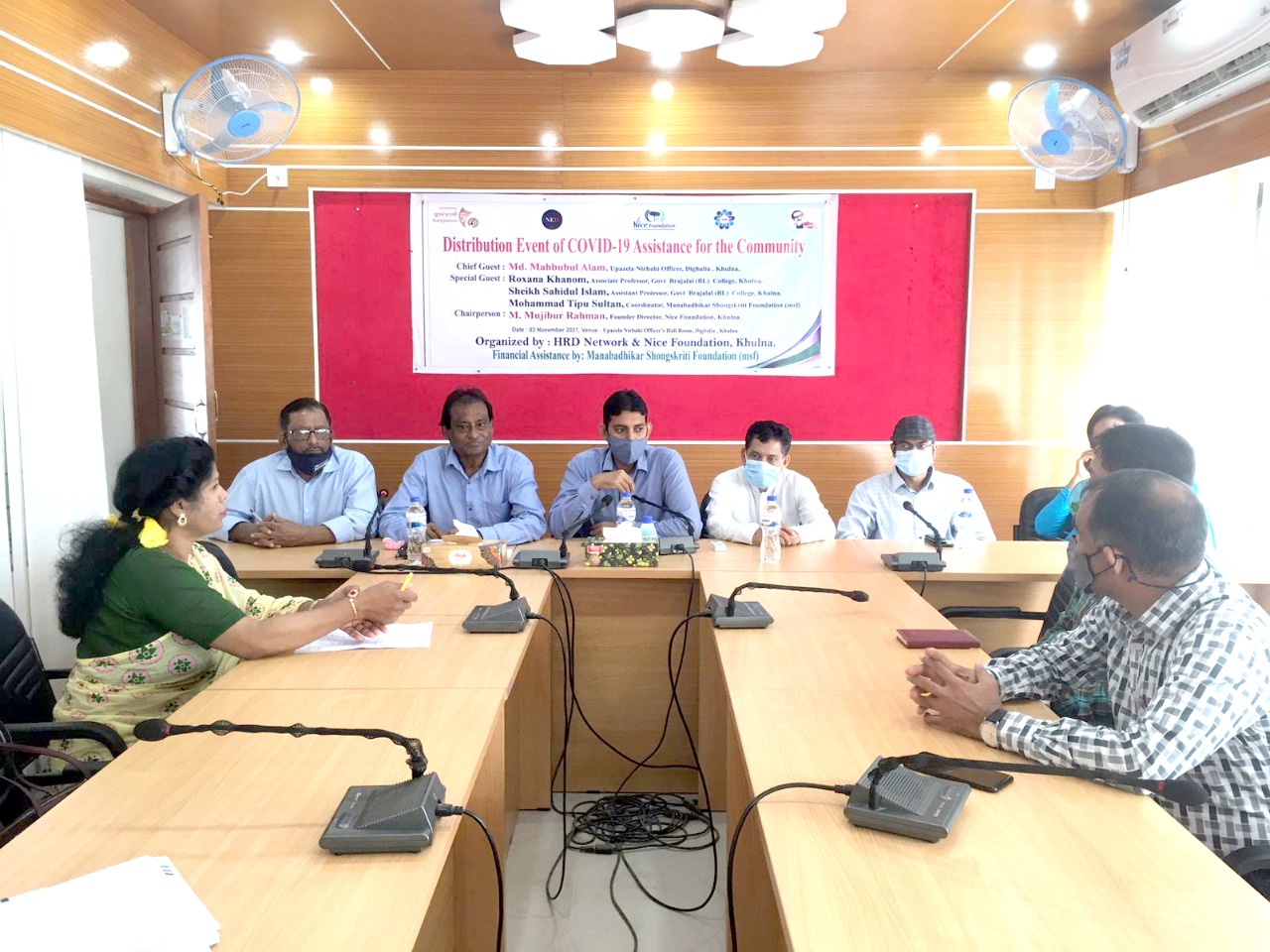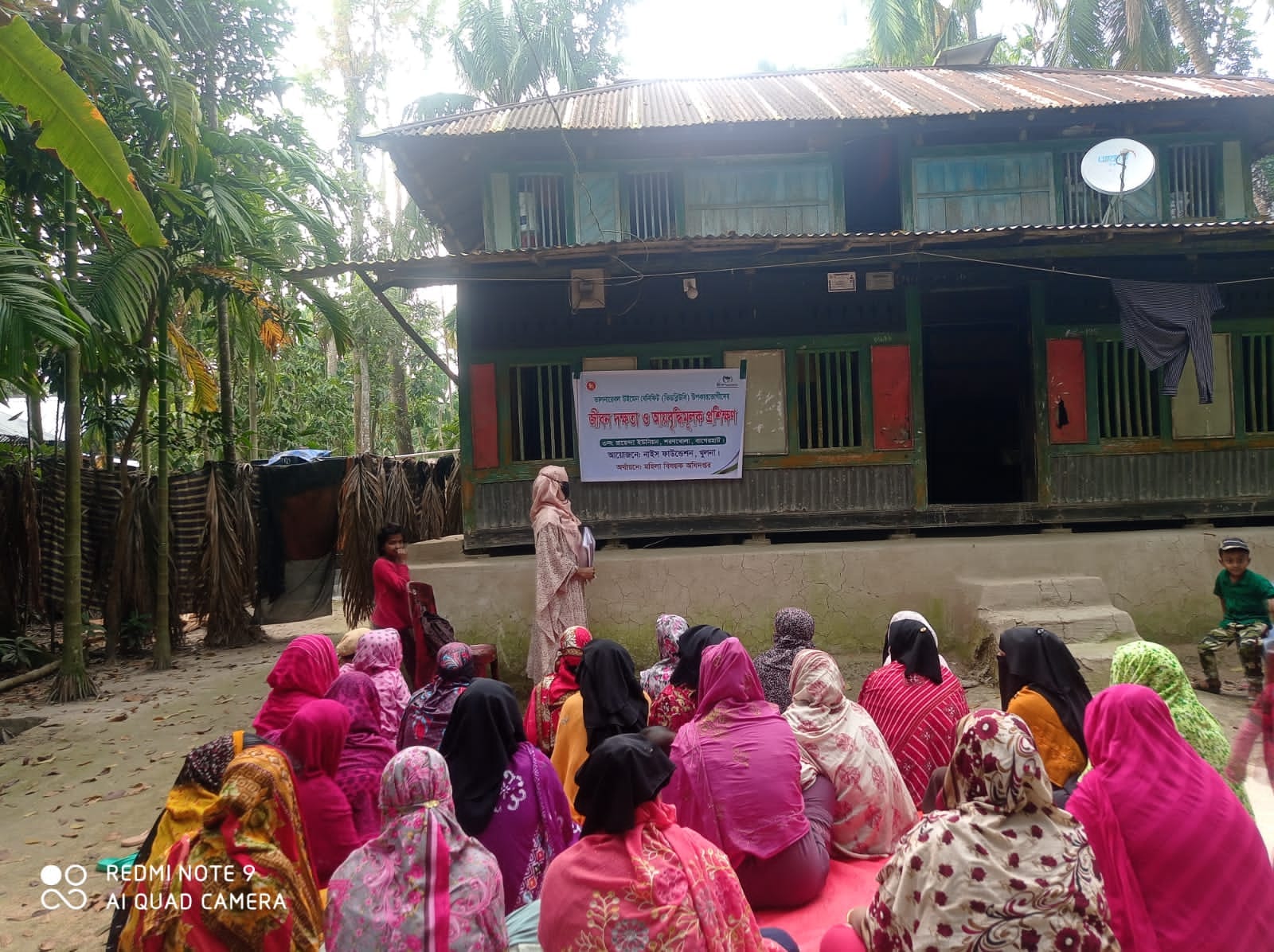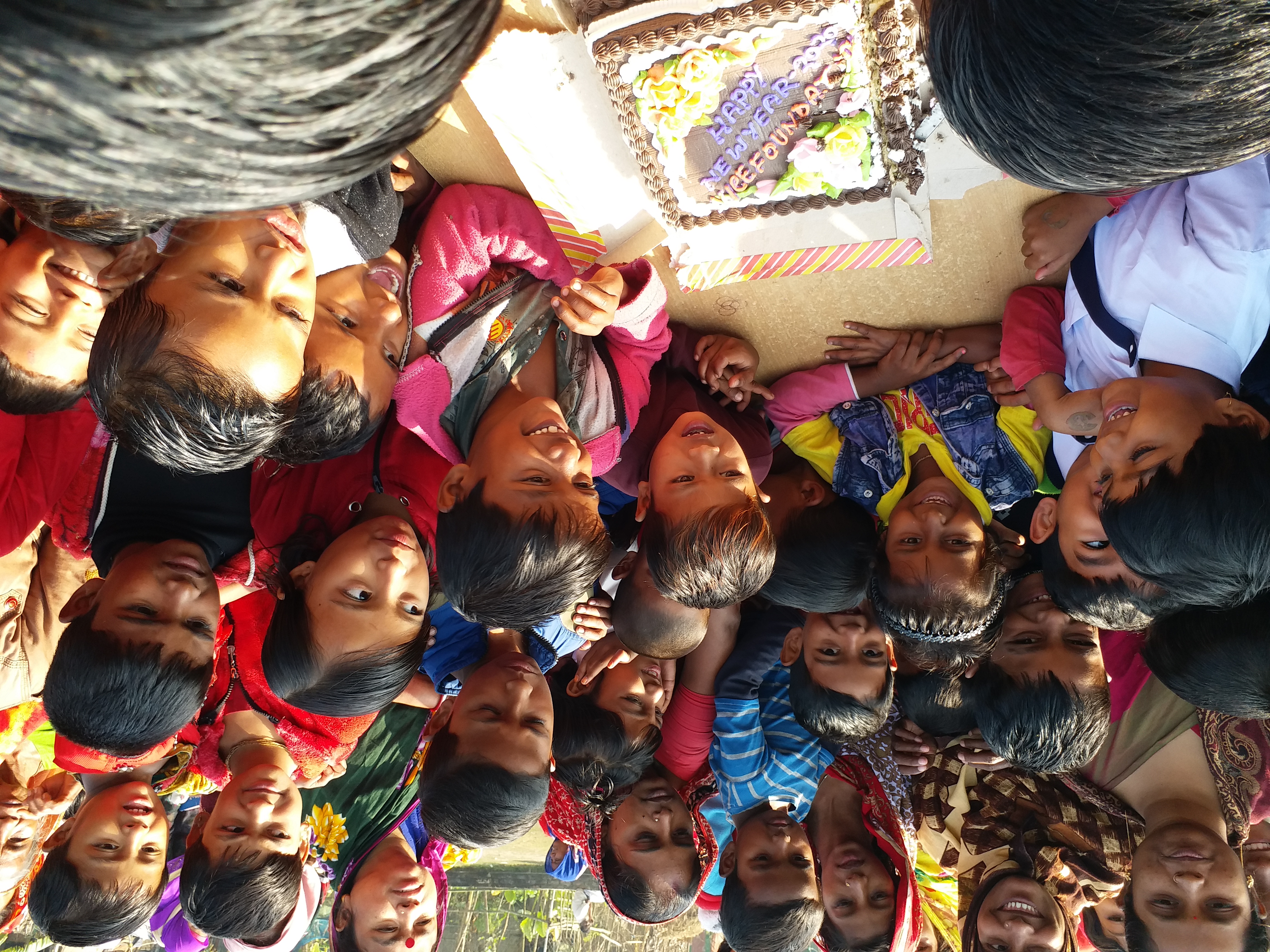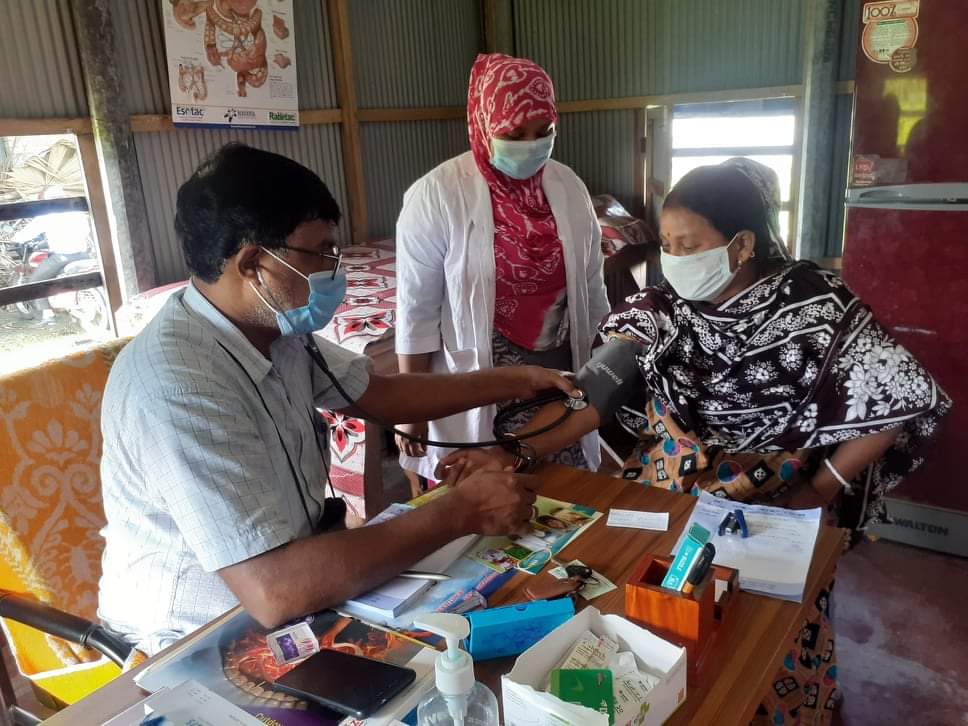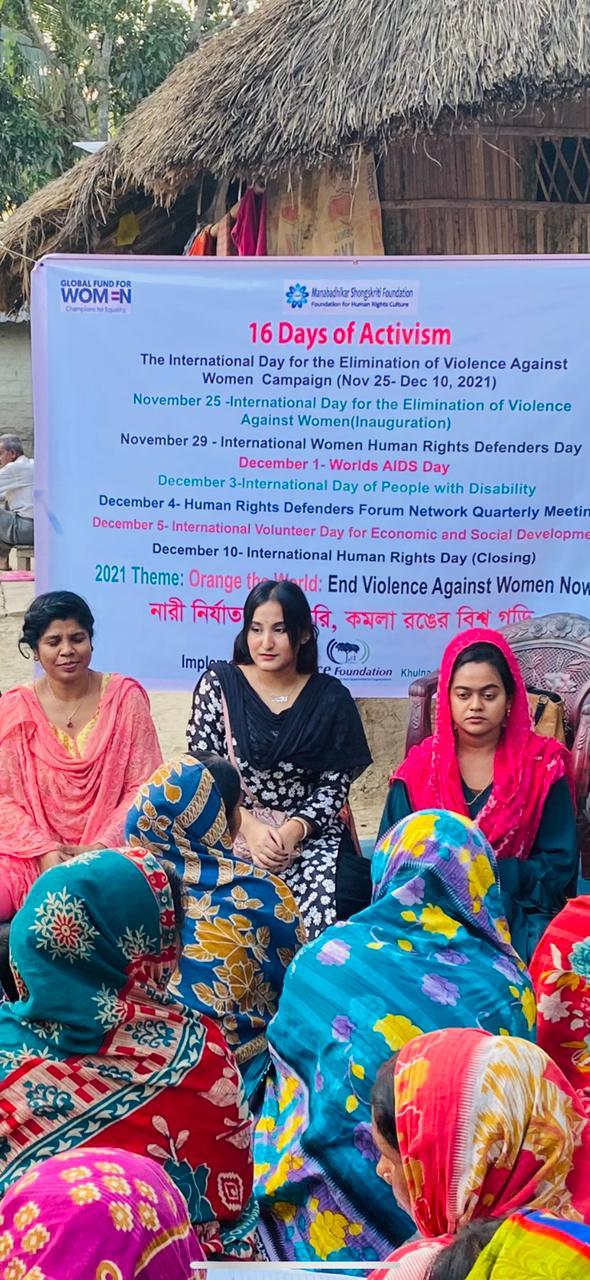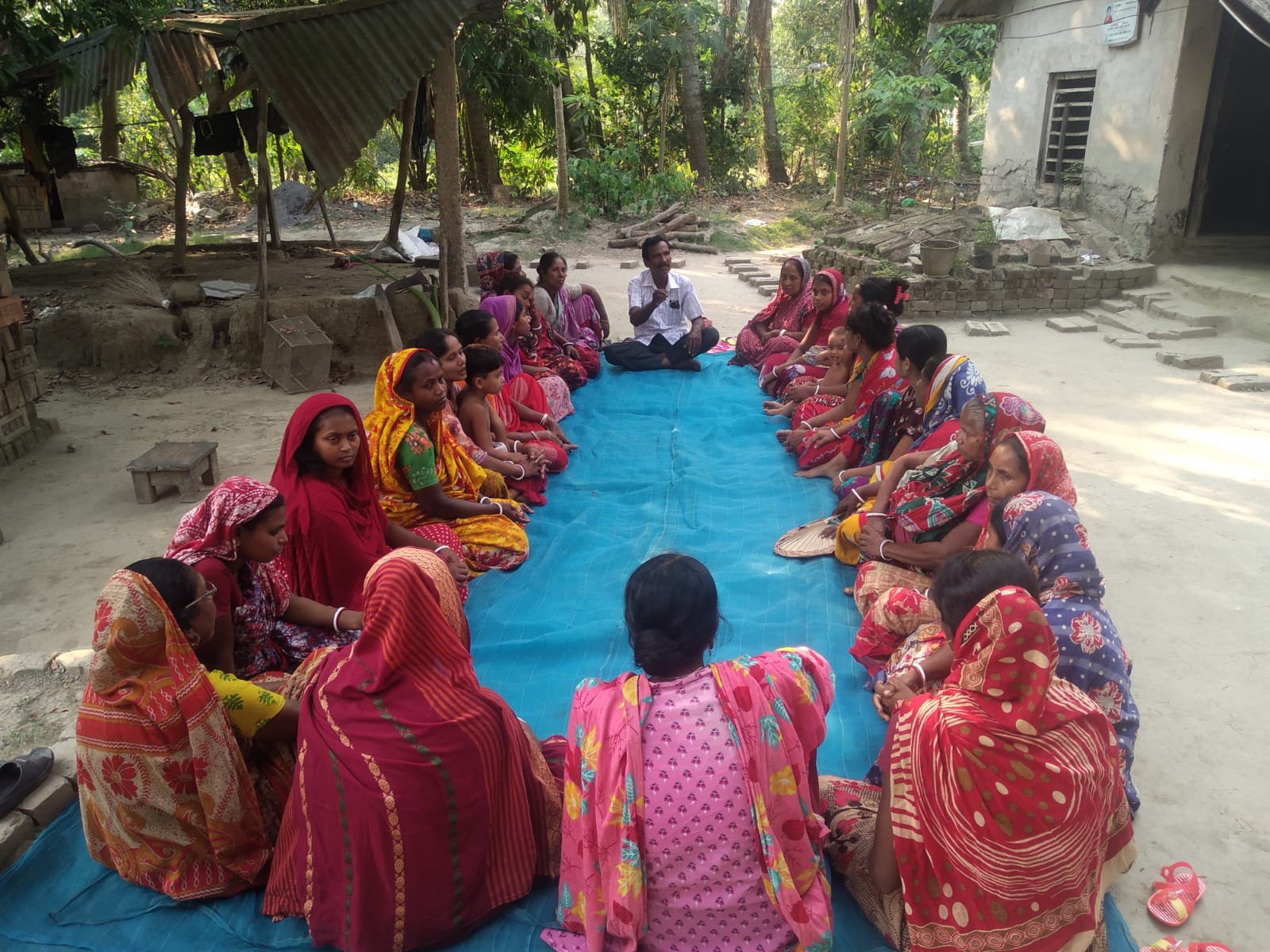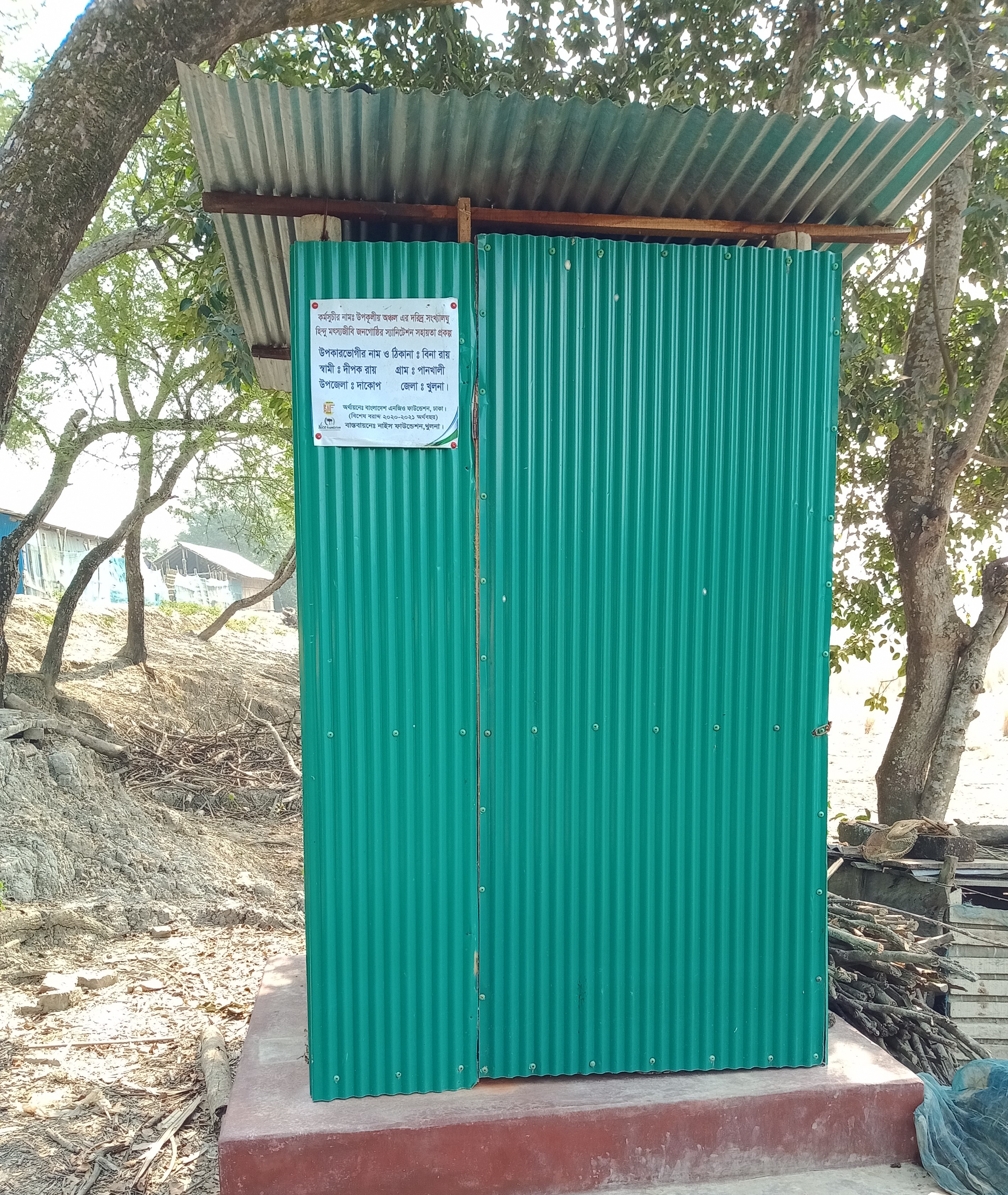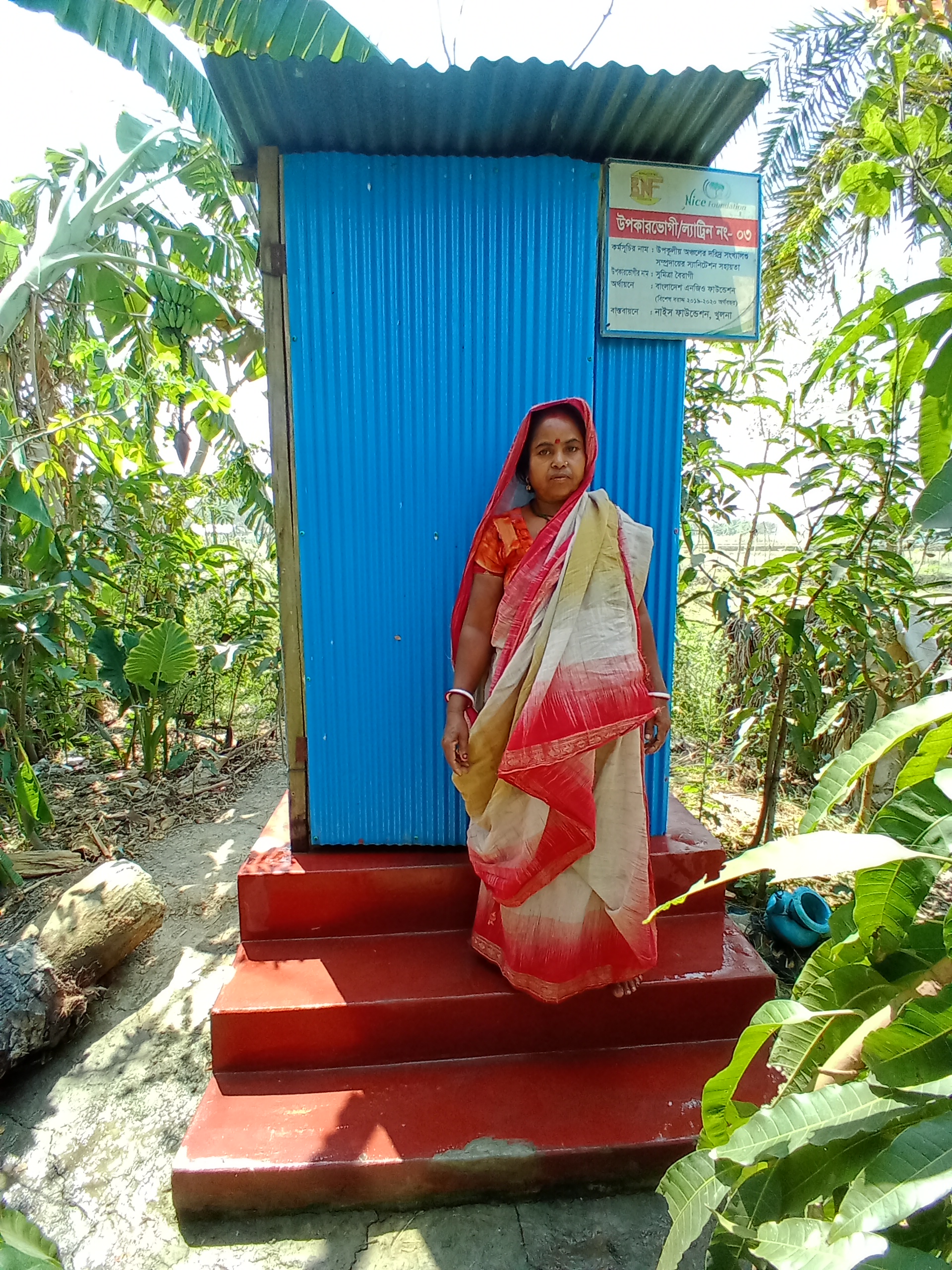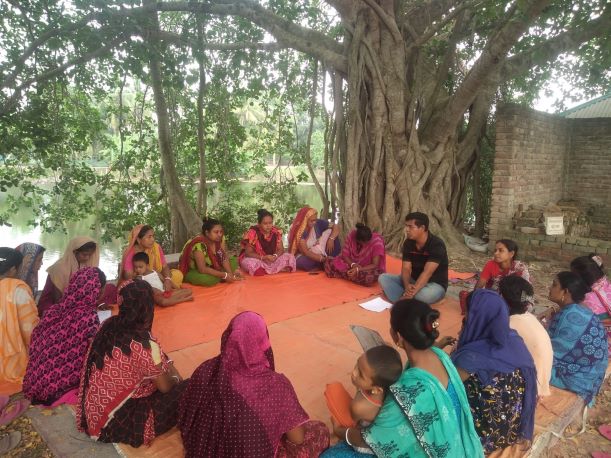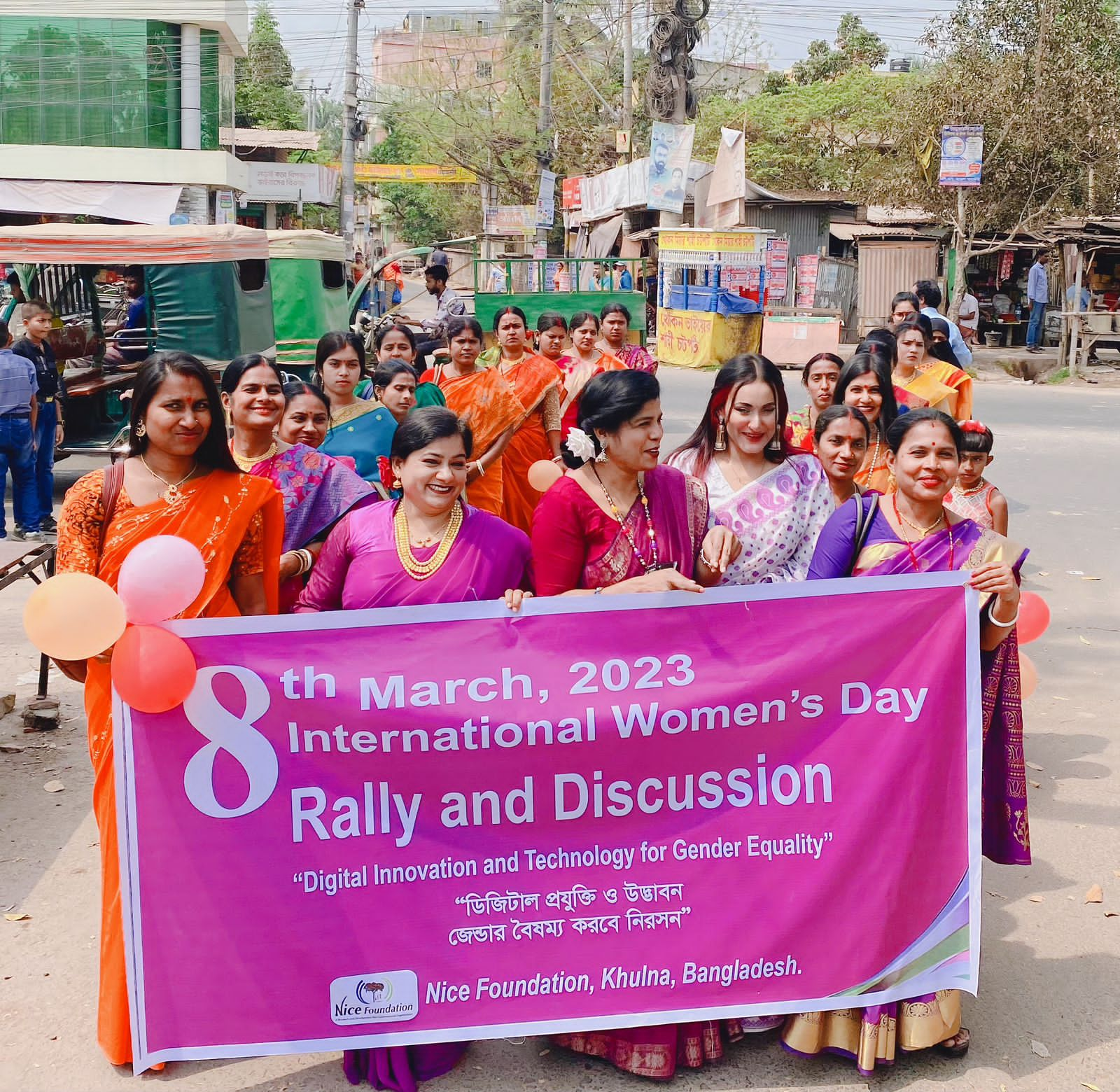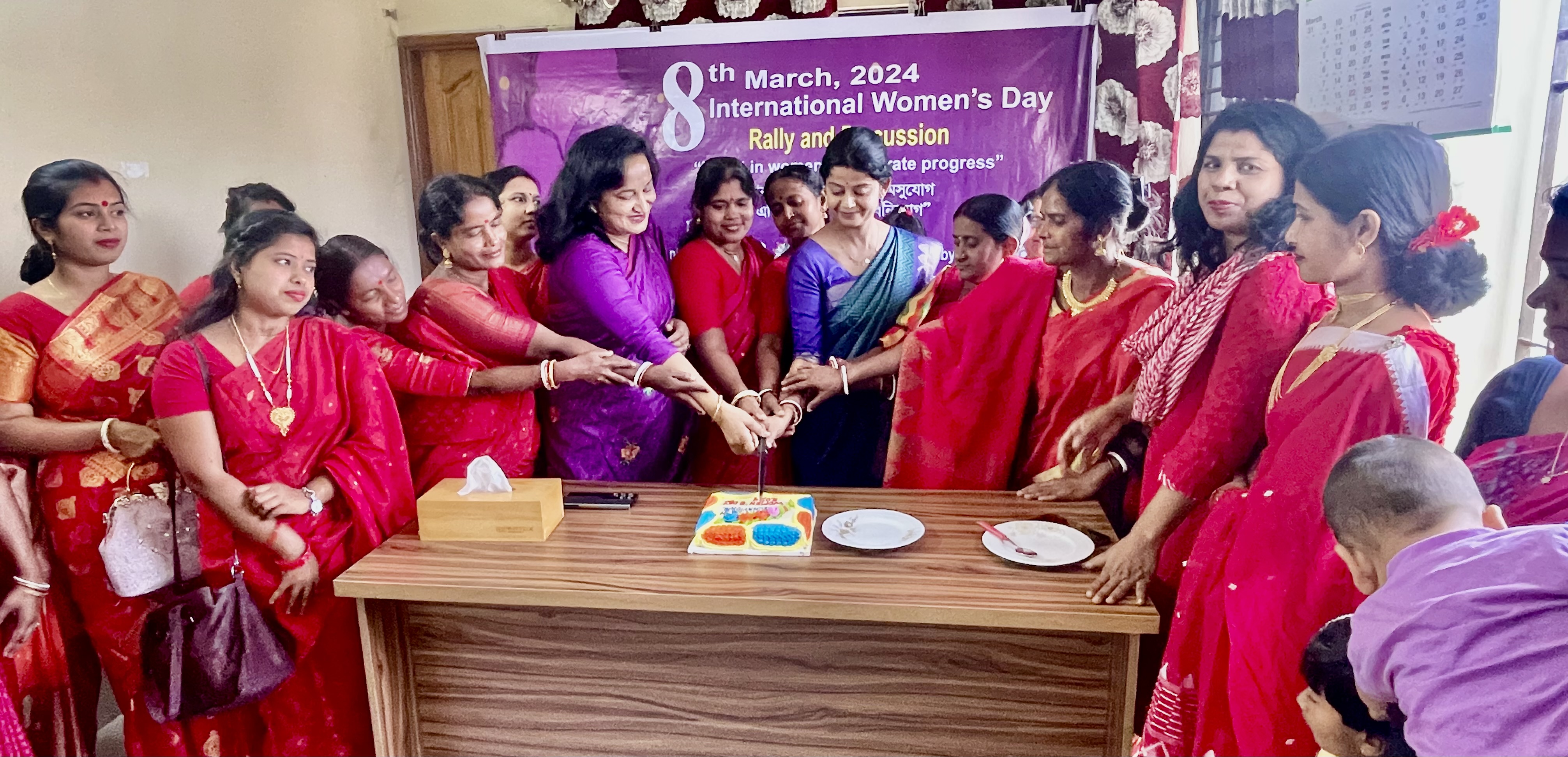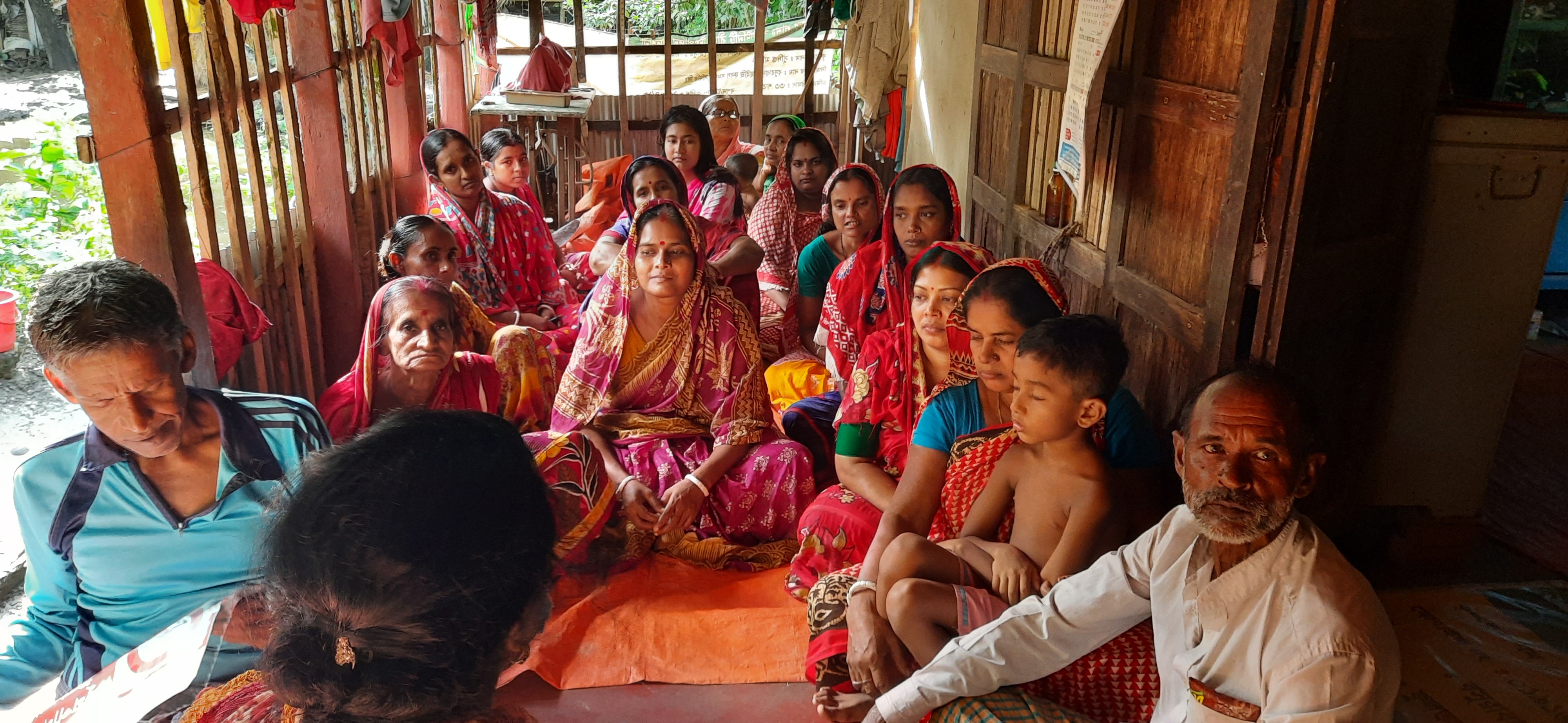
Project
Emergency response for Rohingya women community project
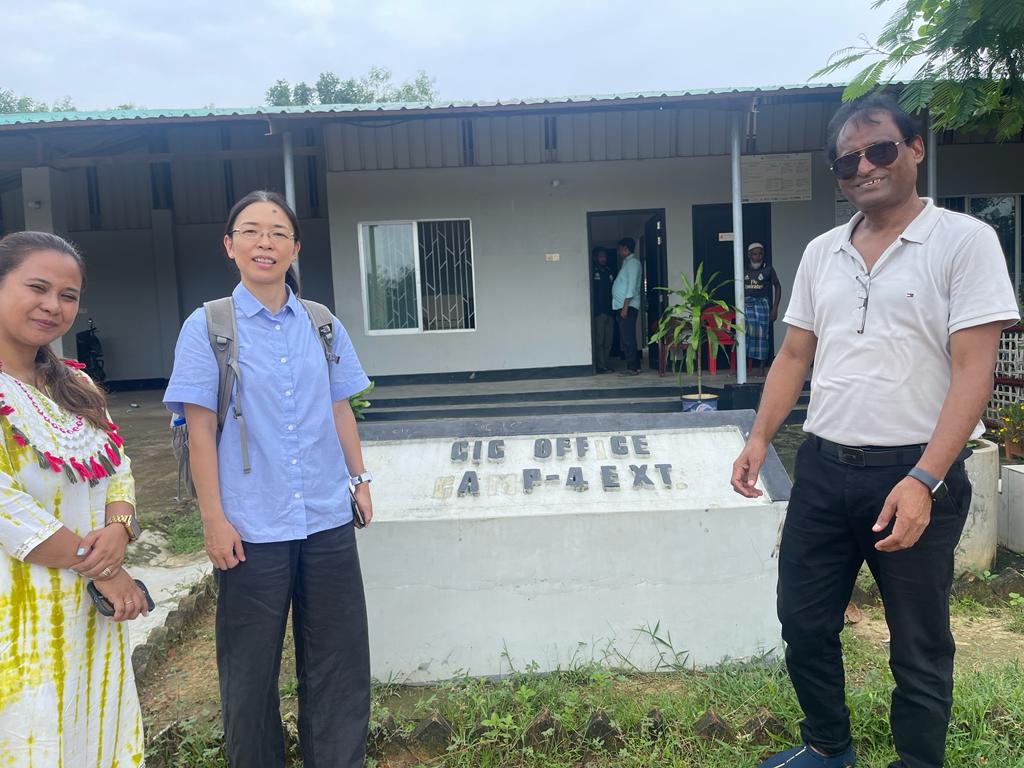
Title of the Study: Social Cohesion and women empowerment among Rohingya refugees and host communities
Study Objective: This study aims to assess the views and perceptions of a host community towards refugees to identify factors that facilitate or hinder social integration between refugees and the local population.
Research Concept
Social capital, defined as the resources embedded in social networks, has the potential to promote gender empowerment and contribute to the well-being of refugees. However, the role of social capital in the gender empowerment of displaced women in refugee residences has not yet been adequately studied. This paper explores how social capital can be used to enhance gender empowerment among Rohingya refugees settled in the refugee camps of Bangladesh. To study how social capital influences refugee women's empowerment status, we use an empirical approach.. The study considers social trust, civic participation, and groups and networks as social capital’s main components. On the other hand, as the main factors of women’s empowerment, we focus on women’s decision-making power, respect and harassment in the community, and the risk of violence against women. The paper highlights the determinants of promoting gender empowerment. Drawing on empirical evidence, the paper proposes strategies to enhance gender empowerment, including strengthening social networks and building trust. The paper concludes by highlighting the potential of social capital to promote gender empowerment among refugees and the need for further research and policy interventions in this area.

